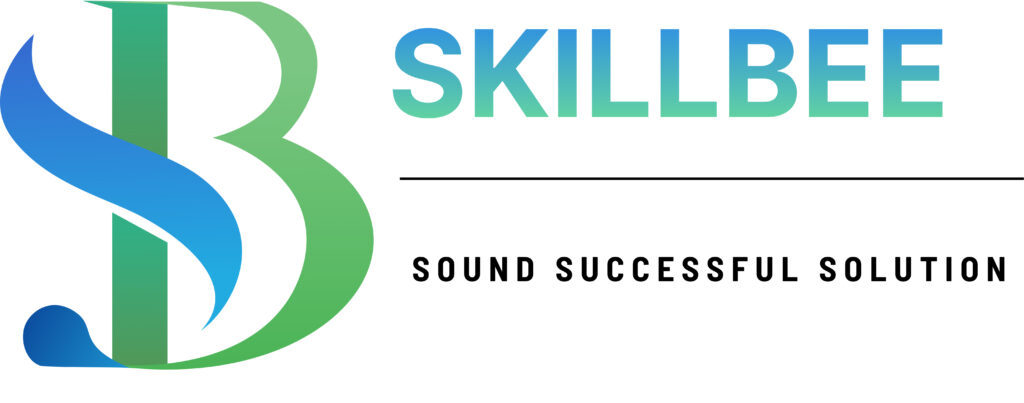Drug development is a billion-dollar industry featuring a variety of roles necessary to pursue the goal of product approval. A crucial component within this process is well-developed, well-documented, and well-communicated study research practices. Medical writers act as key communicators for study sponsors and governmental agencies, such as the U.S. Food and Drug Administration (FDA) and European Medicines Agency, to evaluate coherence, ethics, and efficacy of research practices and results for drugs and medical devices/diagnostics.

Medical writers either within pharmaceutical companies or via contract research organizations (CROs) can be further divided by specific writing role and key composition types, such as promotional and/or advertising, non-promotional education/training (e.g., medical affairs), publication, labeling, and regulatory writing.
A forum held by the American Medical Writer’s Association (AMWA) in 2019 reported the need for, and difficulties associated with, organizational efforts to recruit and train medical writers in the regulatory field. This paper explores and characterizes the attributes and importance of the regulatory writer role in drug development as it may pertain to small-scale pharmaceutical or biotech companies. Moreover, defining the practices and requirements of a regulatory writer can encourage interest in, and inspire novice candidates to consider joining, this field.
Accredited medical writing courses
Types of Medical Writing

The Basics of Regulatory Medical Writing
The role of a regulatory writer is to produce regulatory documents (usually taken to refer to documents that are submitted in some form to the health authorities). These documents should adhere to the relevant guidance and be fit for purpose, meaning that they transmit the necessary information accurately, transparently, and clearly to the target audience (usually reviewers at the health agencies but readers might also be investigators or members of ethics committees).
Regulatory writing is a branch of medical writing wherein the medical writer or the regulatory medical writer focuses on the documents that need to be submitted to the regulatory authorities at various stages of a clinical trial. At the start of the trial, regulatory documents like Protocol, Investigator Brochure (IB), and Informed Consent Form (ICF) need to be drafted. During the trial, there may be updates or amendments to any of these documents. Once the trial ends, Clinical Study Report (CSR) and common technical document (CTD) modules are required.
The medical writer need to be aware of all the regulations (of different countries) and also remain updated if there are any changes. These regulatory documents should transmit the required information accurately, transparently, and clearly to the target audience. These target audience varies according to the document type. For example- Regulatory authorities for eCTD Modules, Trial Investigators and ethics committee for Protocol, IB, CSR; and Patients for ICF.
The core skill set needed for regulatory writing remain fairly constant; understanding the target audience and regulation requirement, basic understanding of science, statistics, research; usage of grammar and writing/editorial skills, interpreting key messages, study design; project management and collaboration skills to work with reviewers, use of software, and having ethical standards.
Importance of Regulatory Medical writing
The importance of preparing high-quality regulatory documents is often under estimated. A CSR is the final result of many months and sometimes years of hard work by study teams, and has to summarize the conduct and results of a clinical study in a clear and unbiased manner. A well-written CSR will aid the subsequent production of high quality submission documents, and conversely, poorly written or presented regulatory documents may lead to delays in regulatory approval, costing the sponsor time and money.
In the ever-changing regulatory environment, experienced regulatory writers can add a lot of value to the production of clinical study documentation. As an integral part of the clinical research process, regulatory writers can act as a pool of knowledge at every step, from protocol development to the drug submission process. Regulatory writers are skilled at meeting global regulatory requirements and adhering to guidance documents such as International Conference on Harmonization (ICH) Good Clinical Practice (GCP), while still fulfilling the needs, preferences and styles of sponsors and/or study teams. They understand, interpret, and summarize often complex scientific and statistical data whilst providing effective guidance to clinical study teams, which usually include experts from other fields such as clinical/medical, statistics, regulatory affairs, pharmacovigilance, and pharmacology. Some regulatory writers become experts in a particular therapeutic area or disease and can provide invaluable insights to the sponsors and/or study teams. Regulatory writers can also perform quality control (QC), peer review and provide other editorial support on documents produced by sponsors and/or study teams, if required.
Address: 17 A Suryadev Nagar, Indore (M. P.)
5-46/1 Chanda Nagar Hyderabad (Telangana)
Email: info@companysconnects.com
WhatsApp/Call: +91- 9691633901, +91- 8839538846
Website: https://www.companysconnects.com/
